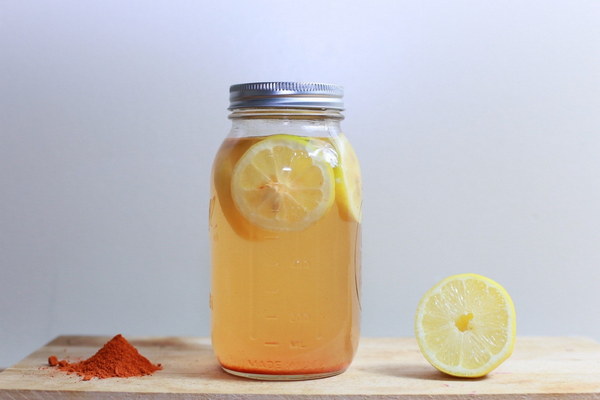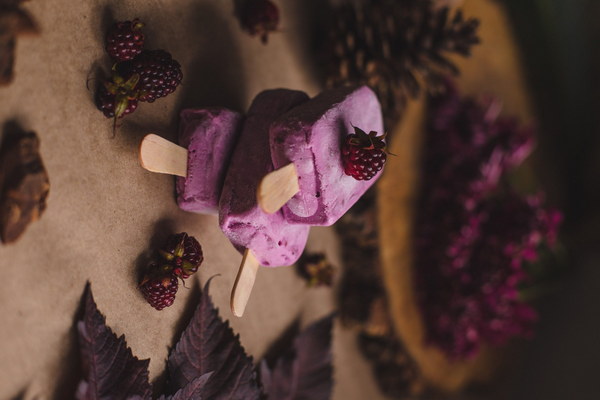Is Xuchangqing Effective in Boosting Qi and Blood An In-Depth Analysis
Introduction:
Xuchangqing, a traditional Chinese herb, has been widely used in traditional Chinese medicine (TCM) for centuries. It is known for its various health benefits, including the potential to boost qi and blood. But is Xuchangqing really effective in this aspect? In this article, we will delve into the scientific research, traditional uses, and benefits of Xuchangqing in relation to its ability to enhance qi and blood.
1. Understanding Qi and Blood in TCM
In TCM, qi and blood are considered the vital substances that maintain the body's health and function. Qi is the life force that animates the body and is essential for growth, development, and overall well-being. Blood, on the other hand, nourishes the body's tissues and organs, providing them with oxygen and nutrients.
When qi and blood are in balance, the body is healthy. However, when there is a deficiency of either qi or blood, various health issues may arise. TCM practitioners often use herbs like Xuchangqing to address these imbalances.
2. Xuchangqing: A Brief Overview
Xuchangqing, scientifically known as Cynanchum paniculatum (Bunge), is a climbing herb native to China. It is traditionally used to treat a wide range of conditions, including fatigue, weakness, anemia, and other symptoms related to qi and blood deficiency.
3. Scientific Research on Xuchangqing
Several studies have been conducted to investigate the potential benefits of Xuchangqing in enhancing qi and blood. Here are some key findings:
a. Antioxidant Properties: Xuchangqing possesses strong antioxidant properties, which can help reduce oxidative stress in the body. This, in turn, may aid in the prevention and treatment of various diseases, including those related to qi and blood deficiency.
b. Hematopoietic Activity: Some research suggests that Xuchangqing may have hematopoietic activity, meaning it can promote the production of blood cells. This could be beneficial for individuals with anemia or other blood-related disorders.
c. Anti-inflammatory Effects: Xuchangqing has been found to have anti-inflammatory properties, which may help alleviate symptoms associated with qi and blood deficiency, such as joint pain and inflammation.
4. Traditional Uses of Xuchangqing
In traditional Chinese medicine, Xuchangqing is used to treat various conditions related to qi and blood deficiency, including:
a. Weakness and fatigue: Xuchangqing is believed to tonify the spleen and kidneys, thereby improving overall energy levels and reducing fatigue.
b. Anemia: The herb is thought to enhance blood production, making it a potential treatment for anemia.
c. Menstrual disorders: Xuchangqing is often used to regulate menstrual cycles and alleviate symptoms such as dysmenorrhea and amenorrhea.

5. Conclusion
Based on the available scientific research and traditional uses, Xuchangqing appears to be an effective herb for boosting qi and blood. Its antioxidant, hematopoietic, and anti-inflammatory properties make it a promising natural treatment for various conditions related to qi and blood deficiency. However, it is essential to consult a qualified TCM practitioner before using Xuchangqing or any other herbal remedy, as individual health conditions may vary.
In summary, while more research is needed to fully understand the mechanisms behind Xuchangqing's benefits, it seems to be a valuable herb in the realm of TCM for addressing qi and blood-related health issues.









